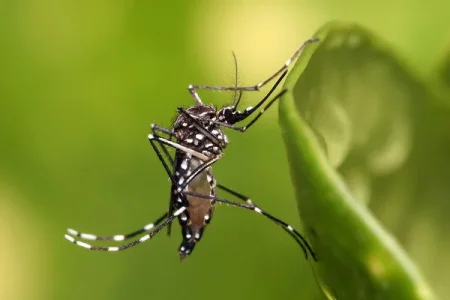
Image Credit: Muhammad Mahdi Karim
Cameroon has embarked on a groundbreaking journey by initiating the world's inaugural routine vaccine program against malaria. The move is part of a broader initiative involving 20 African countries, as outlined by the global vaccine alliance Gavi. The pioneering RTS,S malaria vaccine, developed by British pharmaceutical giant GSK and branded as Mosquirix, gained endorsement from the World Health Organization in July 2022 after rigorous trials in Ghana, Kenya, and Malawi.
Designed to combat the deadliest malaria strain transmitted by anopheles mosquitoes, the vaccine targets young children with a four-dose regimen starting from approximately five months of age.
Despite a development timeline spanning nearly four decades, the vaccine's effectiveness, reducing severe malaria risk by approximately 30%, has been met with scrutiny. Challenges include logistics in remote areas and the necessity for four doses.
While more than 30 African countries express interest in adopting the vaccine, the World Health Organization estimates a substantial annual demand, reaching 80-100 million doses by 2030.
This monumental step in the fight against malaria is poised to set the stage for further advancements, with the anticipated launch of the R21 vaccine from Oxford University, offering hope for expanded coverage and increased efficacy.




